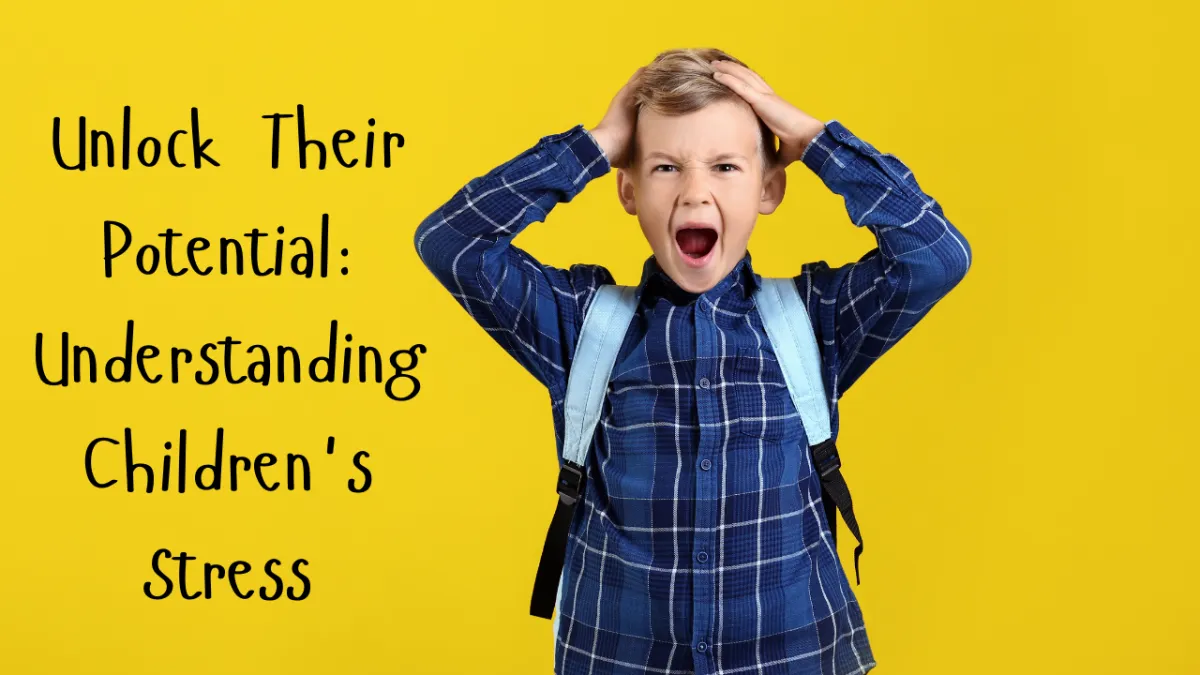
Understanding the Impact of Stress on Children: Why Awareness is Crucial
Understanding the Impact of Stress on Children: Why Awareness is Crucial

In today's fast-paced world, stress is an inevitable part of life, and unfortunately, our children are not immune to its effects. For parents and educators, recognising the common sources of stress and its impact on children is essential to fostering both academic success and strong friendships.
Common Sources of Stress in Children
Daily Hustle: The constant rush to keep up with school schedules, extracurricular activities, and family commitments can overwhelm young minds. Children often feel pressured to be at the right place at the right time, leading to anxiety.
Referred Stress from Adults: Children are observant and can easily pick up on stress from adults around them. Whether it’s a tense household environment or a stressed-out teacher, children mimic this tension, which affects their mental well-being.
Friendship Dynamics: Navigating friendships can be a major source of stress for children. Challenges such as peer pressure, bullying, and the desire for acceptance can lead to significant emotional distress. Understanding these social dynamics is crucial for supporting children's social development and mental health.
Why Understanding Types and Impact of Stress is Vital
Parents and educators need to become more aware of the types of stress children face and the profound effect it can have on their growth. Chronic stress can impair a child's cognitive functions, making it tougher for them to concentrate and excel academically. It also impacts their ability to form and maintain friendships, as stress often leads to irritability and withdrawal.
The Neuroscience of Stress: What You Need to Know
Understanding the neuroscience behind stress can be transformative. Stress activates the brain’s fight-or-flight response, which, if not managed, can lead to long-term detrimental effects on mental health and learning. Educating yourself and children about how their brains respond to stress allows them to take control and mitigate these effects.
Simple, Fun, and Effective Tools to Help Children Relax
It’s crucial to incorporate fun and easy relaxation techniques that empower children to manage their stress levels. Implementing activities such as deep breathing exercises, mindfulness games, or creative arts can help children relax and rejuvenate, laying the foundation for better learning and social interactions.
Empowering Through Education
This is why I have dedicated myself to educating parents and educators through The Brain Friends Relaxation Course and Workshops, which teach both adults and children about their stress responses and how to incorporate relaxation strategies into their daily routines. By embedding these practices, we can help children thrive academically and socially despite the hustle of everyday life.
You can find more information about these transformative courses, valuable resources, and engaging workshops on my website. Explore these offerings to empower yourself and the children in your life to navigate stress constructively.